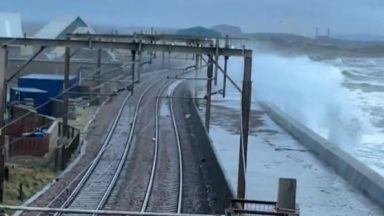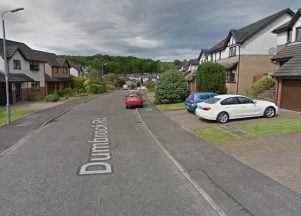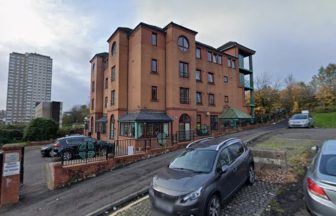Electric car drivers will now be charged if they overstay when powering up their vehicles on the 306 council charging points in Glasgow.
The fees were introduced on April 11 and drivers will also be stung with £40 if they stay longer than set times at chargers.
It comes as drivers around Scotland have faced issues with some people using chargers for too long – making them unavailable when needed.
Drivers are now being charged a £1 connection fee to plug in their vehicle. They must then pay for the electricity used and that amount varies depending on what type of charger they are using.
It is 40p per kWh electricity consumption at the slower ‘standard charging units’ of 7kw or 22kW. The cost rises to 70p per kWh at the faster rapid charging units of 50kW or above.
Drivers are only allowed to remain for one hour at a rapid charger but if exceed the maximum allowed duration they face the £40 overstay levy.
They can remain plugged in for two hours at a standard charger on streets in the city centre and three hours in the rest of Glasgow. There is a four hour deadline at a standard charger in a ‘council family’ car park.
The council owns 306 charge points in the city with 16 rapid units available. This year there are plans for another 119 charge points to go live this year.
An update on the introduction of the electric vehicle charging tariff is due to be presented to the environment and liveable neighbourhoods city policy committee next week.
Last year 15,800 public driver accounts used the council chargers amounting to just under 160,000 charging sessions. It was equivalent to the diversion of about 2,000 tonnes of CO2 according to a council report.
A council paper said: “The new tariff has been set in relation to increased external costs. These include significantly increased electricity costs, maintenance, repair and network management costs with the connection fee covering the per-session fee imposed by the network operator.
“This has been modelled to ensure the network is self-sufficient with any additional revenue being used to ensure the stability of the network. The tariff will also encourage expansion of the network through increased intervention of the private sector.”
Follow STV News on WhatsApp
Scan the QR code on your mobile device for all the latest news from around the country


























